Philippa York's Tour de France winners and losers
From Pogacar and Hirschi to Ineos and Sagan
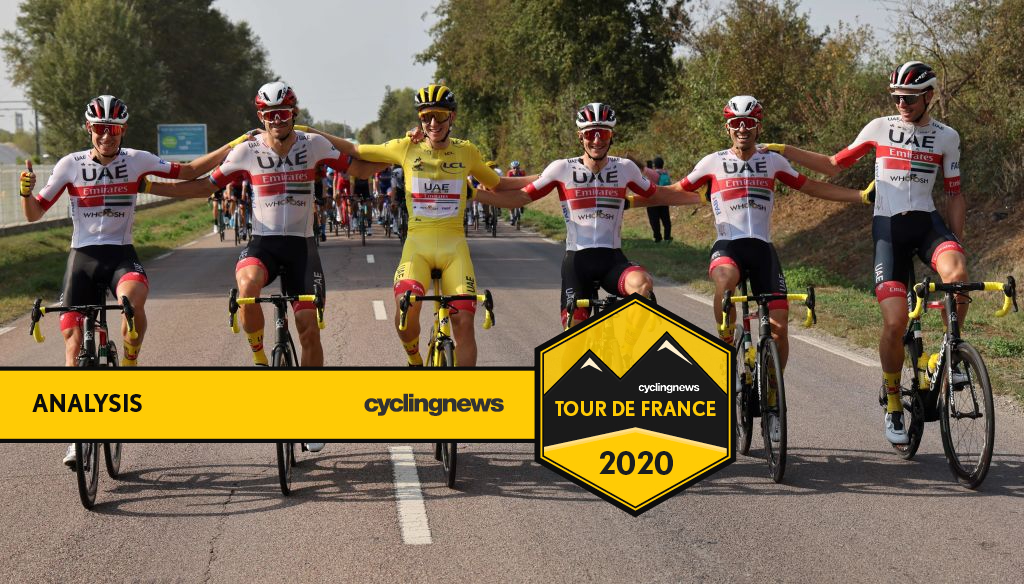
With another edition of the Tour de France done and dusted, Philippa York looks back at the French race and picks her winners and losers from the last three weeks of racing.
The race saw Tadej Pogačar (UAE Team Emirates) ride into Paris after a thrilling conclusion to the race but there were a number of other highs - and some lows - that have drawn our expert's opinion too.
Winners
That the Tour even took place is a miracle in itself but the fact that it was inspiring, exciting and undecided until the penultimate day was all the more remarkable. In the context of the fear and suspicion that COVID-19 has brought to the world, and sport in particular, the Tour de France has shown there's hope not only for the future of cycling but life in general.
The race evolved to cope with the current circumstances and a new generation of racers emerged; young attacking riders who we'll hopefully see for many years. We had 21 stages and 21 different races, which showed that professional cycling can, and has, changed. There were no processions and nothing was decided until UAE led the peloton onto the Champs-Élysées. Vive le Tour.
Tadej Pogačar
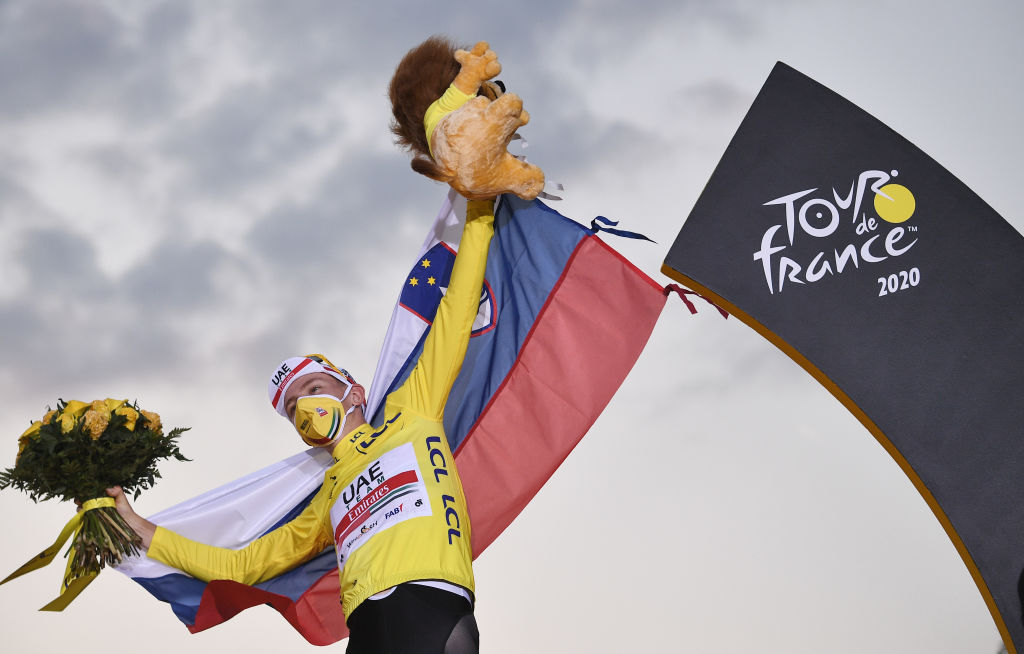
It's easy to say that the young Slovenian came away from the Tour de France with all the spoils. Despite his relative inexperience of racing Grand Tours he was always there or thereabouts with only one day when he lost time in the crosswinds going to Lavaur. His Vuelta showing last year was an indication that he needed to be taken seriously but everyone ignored him until his attack on the Peyresourde proved he was the strongest climber on the race.
Benefitting from the focus on Roglič versus Bernal, and the Jumbo vs Ineos battle, his UAE team had no real pressure on them and that was just as well because with the loss of Fabio Aru and specially Davide Formolo, he had only had David de La Cruz to support him in the crucial moments. Look past the question of whether Pogačar won or if Primož Roglič lost and you realise he's the most talented of the new generation, and he raced with a maturity beyond his years.
Jumbo-Visma
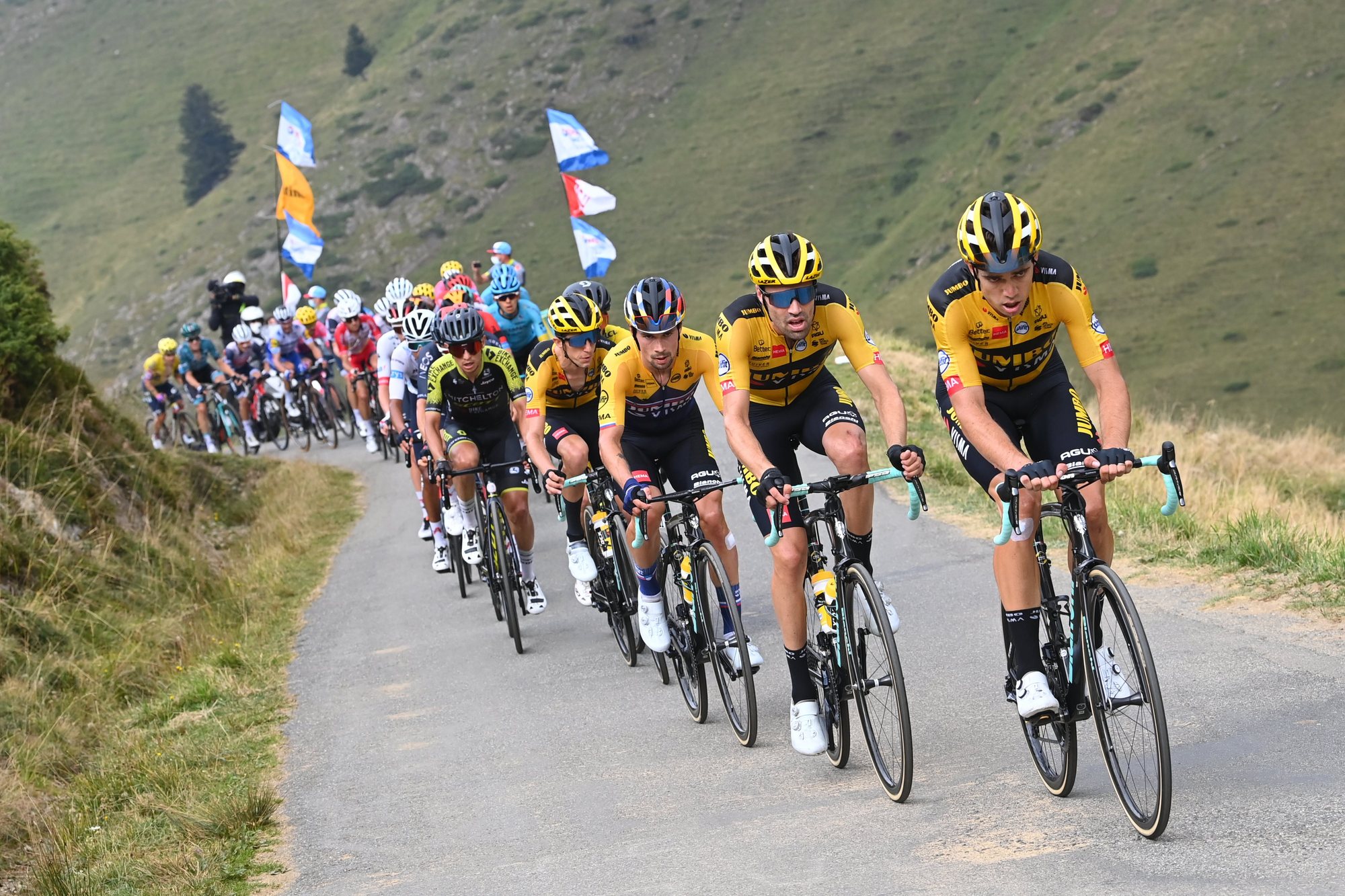
'The new Sky' would be a good description of how the Dutch team operated. As a unit they resembled the way in which Dave Brailsford's squad controlled previous Tours but without the resentment. The race wasn't crushed by their tactics, and instead it was a case of managing situations and playing to their strengths whilst not completely stifling the opposition.
Get The Leadout Newsletter
The latest race content, interviews, features, reviews and expert buying guides, direct to your inbox!
Having all their guys in good form wasn't by chance, they had planned their season accordingly and established a core group of riders that were adaptable to various circumstances. Wout van Aert is the immediate one you think of when it comes to guiding his team leader but Robert Gesink was equally as worthy. There aren't many people who can set the tempo on a mountain or two day after day. Ultimately they were undone by Pogačar but the Dutch have set the new standard.
Marc Hirschi
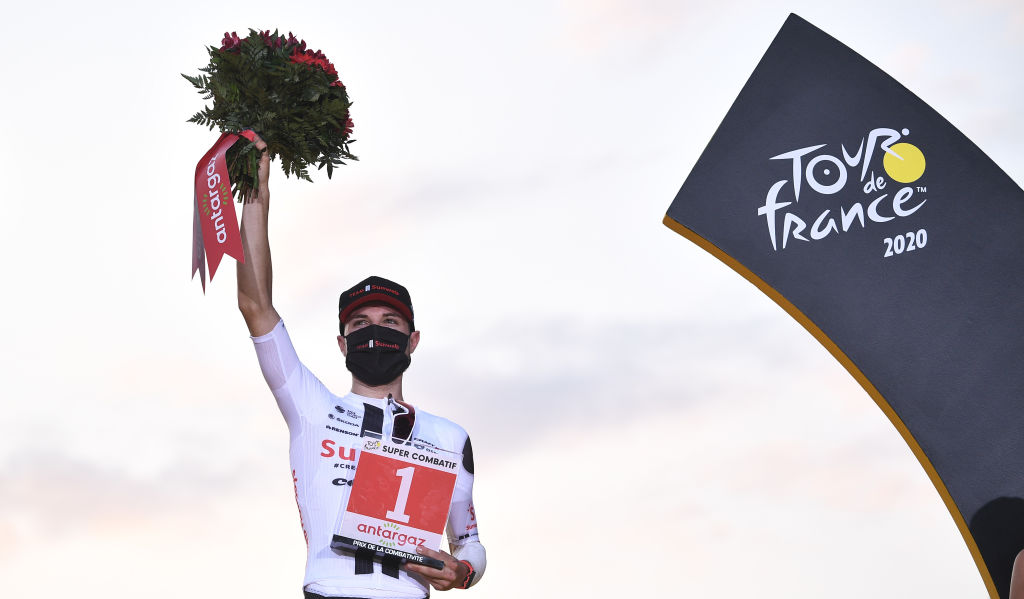
From the start in Nice, he was fighting with Julian Alaphilippe and Adam Yates for the win but that ride on stage 2 was no fluke as the slog to Laruns showed. There, despite being in the front alone for 85km of the stage he was barely beaten by Pogačar.
Four days later and he went and won his first Tour de France stage from another break. Winner of the most aggressive rider by a country mile, Sunweb have a real talent on their books as he can sprint, climb and time trial. He’s also a fearless descender and one of the future stars for sure. Watch this space.
Primoz Roglic
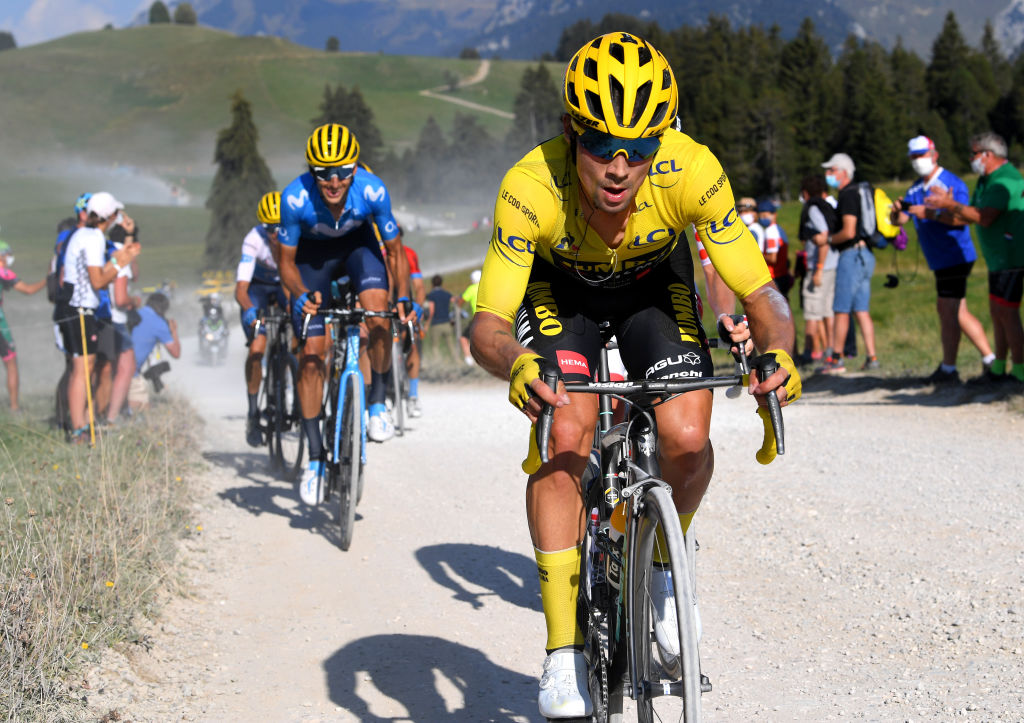
Yes he finished second when it looked all the more likely that the time trial to La Planche des Belles Filles would be a coronation and not a defeat but look beyond the obvious and you see a progression. The way the 30-year-old has coped with being the favourite all the way through the race has been impressive.
Taking the yellow jersey and assuming the responsibilities that come with that wasn't easy but he didn't seem overwhelmed. One bad day isn't the end of him and it's how he deals with the disappointment that will be important.
Losers
Ineos Grenadiers

Where did it all go wrong? Just about everywhere if I have to be honest. Only Michał Kwiatkowski and Richard Carapaz are excused from the sorry performances of a squad that promised so much and delivered so little. Considering they have the biggest budget and some of the best riders for each role they underperformed consistently. All the riders looked tired. Sivakov ought to have been retired with the injuries he sustained on the opening day because he never recovered – the Tour de France isn't an active recovery ride.
There were a couple of illusions of grandeur when it was echelon time but elsewhere they were outclassed by Jumbo-Visma and it was only when Egan Bernal went home that a plan B came into action. Too little too late when you consider the resources available, and Dave Brailsford knows it. Position 10 in the race convoy for Paris says it all.
Peter Sagan
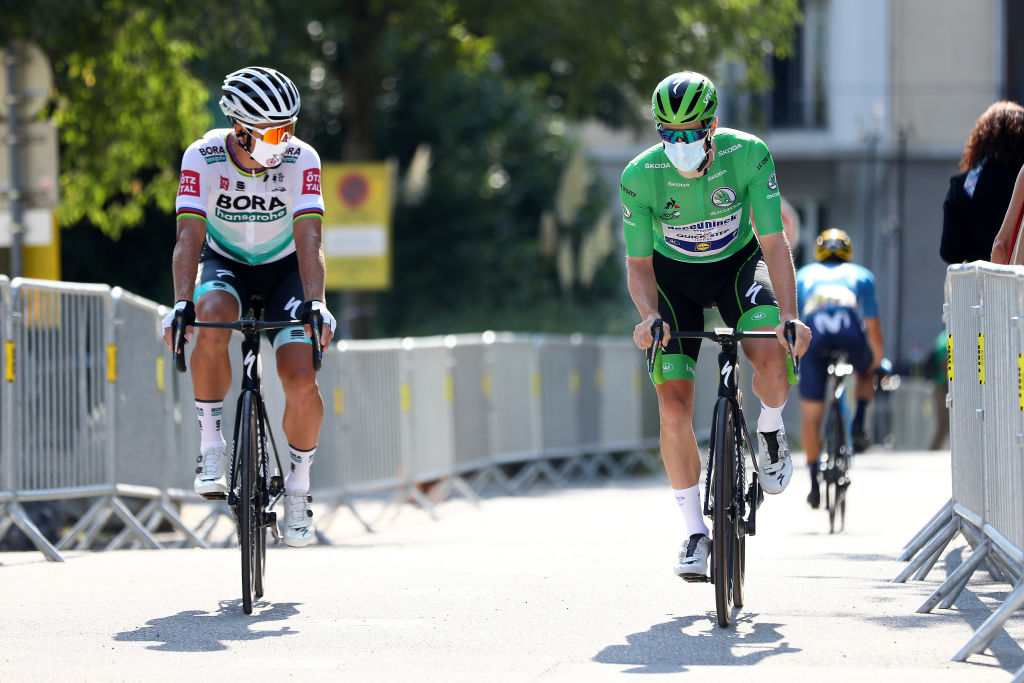
The end of an era. The Slovak never looked fast enough to win a stage and when he was docked points for barging into Wout Van Aert hopes of another green jersey went at the same time. To his credit he had his team try to eliminate the other sprinters and it might have worked if Sagan himself was in better form. Despite the hype and still having the swagger, the character that once looked invincible has started the slow descent into the twilight of his career.
The French teams, except AG2R
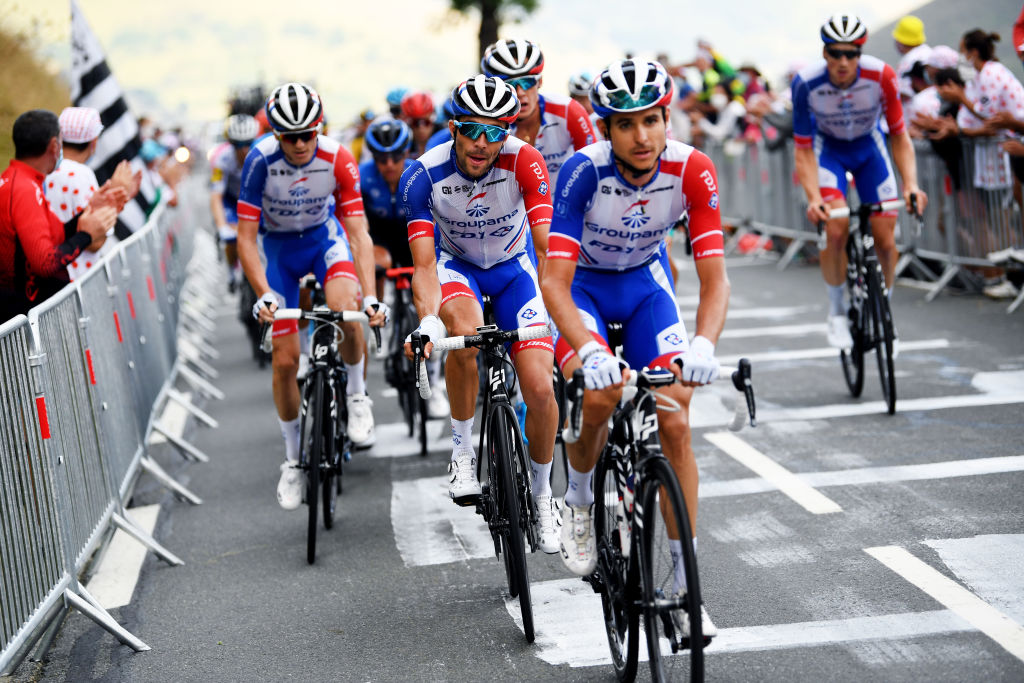
If you remove AG2R, who won a stage and had Romain Bardet hanging in there until he too fell off, it's worrying that French cycling had no-one who looked competitive. They have so few young riders who progress when they reach the professional ranks and when they rely on their established stars they too underperform.
Pierre Rolland, as the most prominent French rider in the third week, is indicative of a malaise that comes over the home collective as soon as the Tour de France swings into view. It seems that they are happy just to be there, going through their villages waving to friends and family. I won't even quote what Bernard Hinault said about his countrymen as it changes nothing, which sadly has been the case of their GC result for 35 years.
Miguel Ángel López
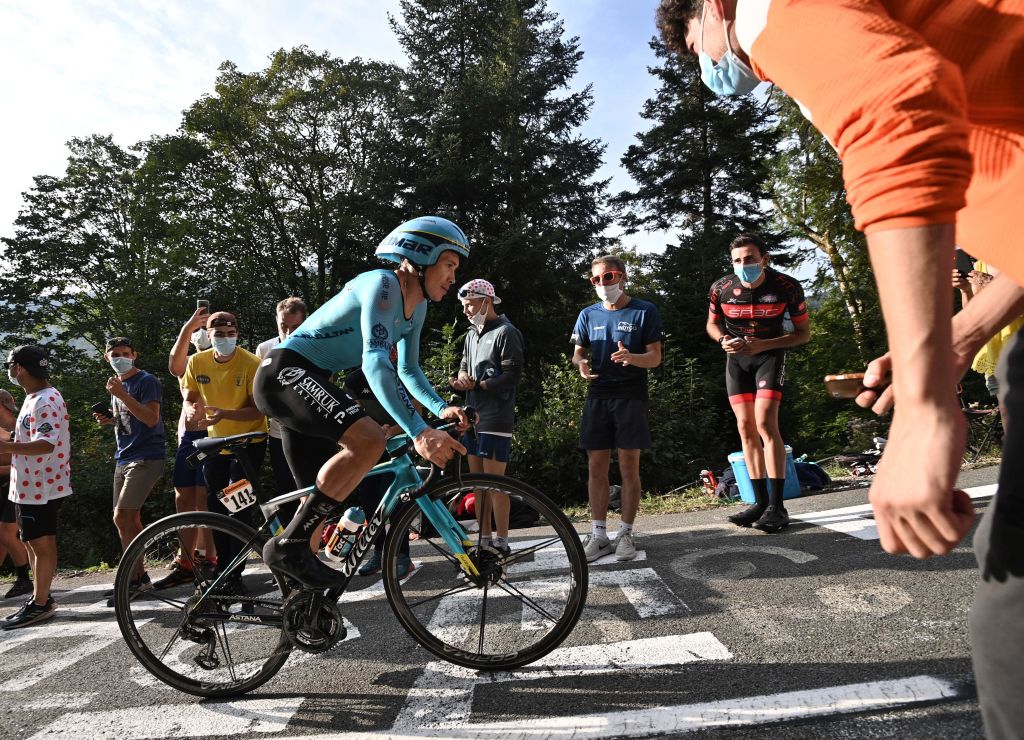
He won a stage, and it was the Queen stage, but give him a time trial bike and he is woeful. Five minutes slower for a fifty-minute effort that includes more than a third of the riding time uphill is bad and that's after he says he's been working on his position.
The Colombian is the least likely to win a major stage race and most likely to be in the wrong half of any split in the peloton. Therefore the Superman nickname has to be a misnomer. Vinokurov ought to have brought Jakob Fuglsang. End of.
NTT Pro Cycling
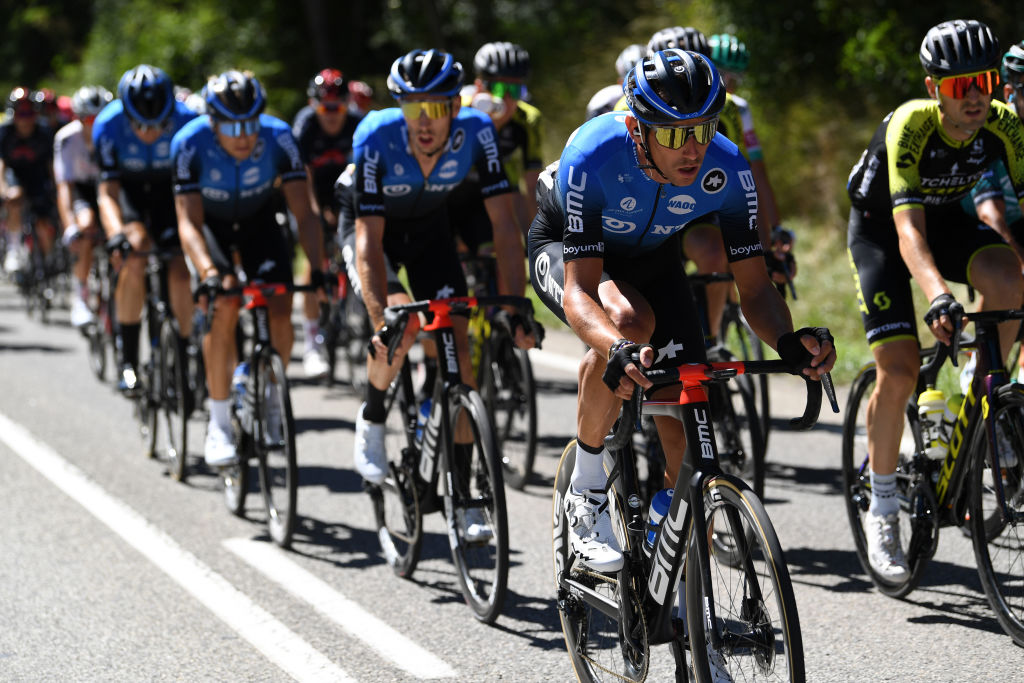
The arrival of Bjarne Riis hasn't changed much for the South African registered team. Barely able to put a rider in the attacks, no presence in the GC and no threat in the sprint stages there seems to be a communications problem somewhere in the ranks.
The only time they seemed to be together was the celebration photo when five of them made it to the Champs-Élysées. It made me wonder if that was the first occasion they saw each other, you know like people you had thought you had lost and would never see again. Arkea finished the Tour with the least prize money but NTT must have been the ones with the least media coverage. Yawn.
Philippa York is a long-standing Cyclingnews contributor, providing expert racing analysis. As one of the early British racers to take the plunge and relocate to France with the famed ACBB club in the 1980's, she was the inspiration for a generation of racing cyclists – and cycling fans – from the UK.
The Glaswegian gained a contract with Peugeot in 1980, making her Tour de France debut in 1983 and taking a solo win in Bagnères-de-Luchon in the Pyrenees, the mountain range which would prove a happy hunting ground throughout her Tour career.
The following year's race would prove to be one of her finest seasons, becoming the first rider from the UK to win the polka dot jersey at the Tour, whilst also becoming Britain's highest-ever placed GC finisher with 4th spot.
She finished runner-up at the Vuelta a España in 1985 and 1986, to Pedro Delgado and Álvaro Pino respectively, and at the Giro d'Italia in 1987. Stage race victories include the Volta a Catalunya (1985), Tour of Britain (1989) and Critérium du Dauphiné Libéré (1990). York retired from professional cycling as reigning British champion following the collapse of Le Groupement in 1995.
